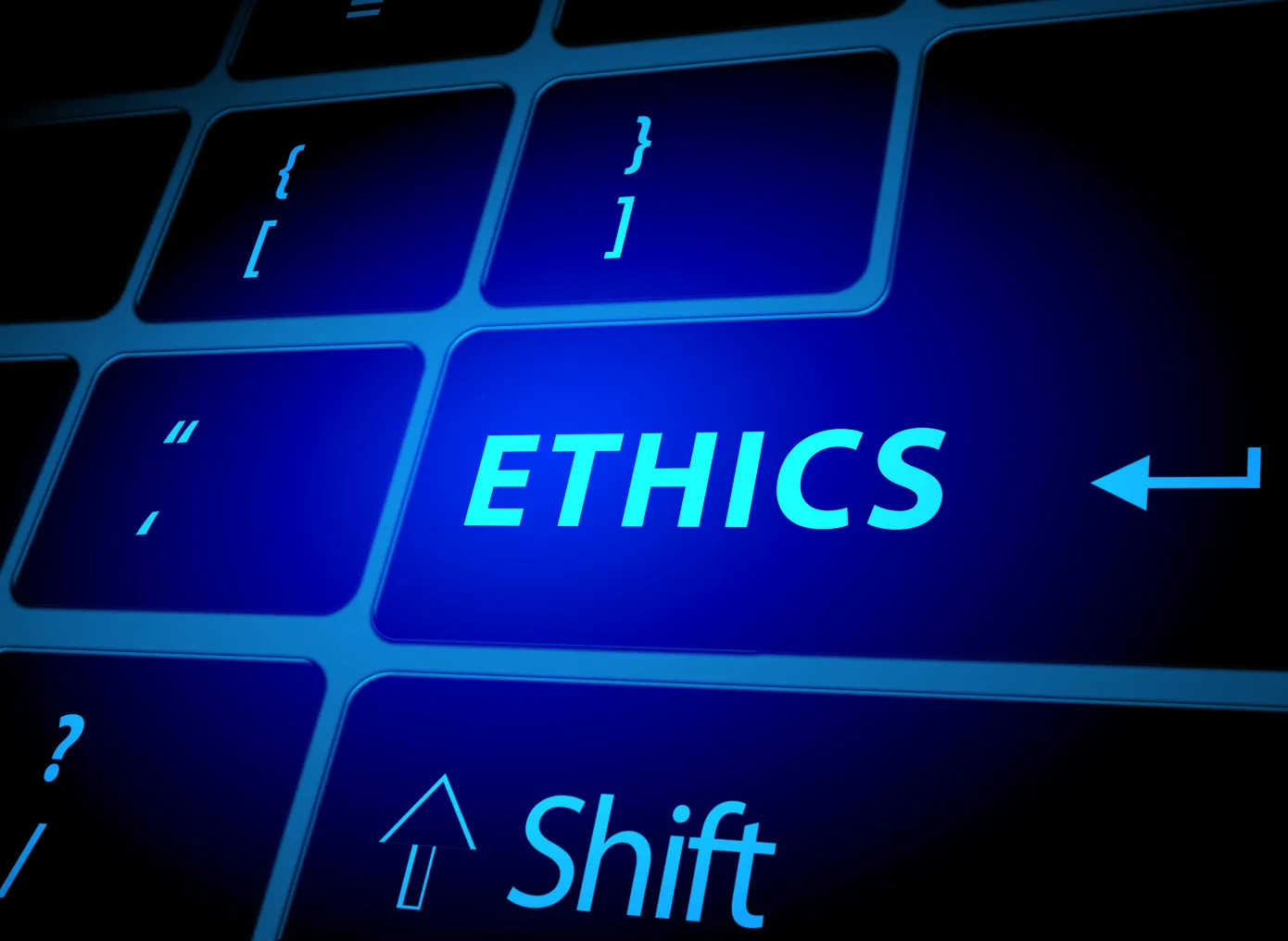Data Stewardship Is A Business Imperative
Companies that set themselves apart are the ones that respect their customer's data
What is data stewardship?
It’s easy to talk about ethics. It’s another thing to actually take those ethics and put them into practice in a real-life business situation. Data stewardship is the active implementation of ethical data principles within an organization, and it’s at the heart of our work at the Ethical Tech Project.
We believe data stewardship is more than just a slogan or vague ideal – it’s an entirely new framework for doing business that will allow companies to thrive in the new age of data-driven AI innovation.
Data stewardship is an evolution from the old way of doing business, where companies worked to collect as much data as possible. For the last 30 years, data strategies were about the vast collection and then – as a result – the exploitation of personal data.
In the rush to profit, companies didn’t stop to ask what ethical limits they should place around the use of data, which led to an abuse of privacy, massive data leaks, and a loss of individual agency over how personal data is used.
As we look ahead to the next 30 years, we’re advocating for companies to build businesses centered on a philosophy of data stewardship. Data should be treated responsibly across its lifecycle (from collection to utilization to retention). Not only is this more ethical, but it’s also good for business because it builds trust with consumers, and that trust will make its way to revenue growth and competitive advantage.
Privacy is a strategic differentiator and a way for companies to set themselves apart and appeal to consumers. At a time when more than 80% of adults are concerned over how companies use their data, according to a 2022 Ipsos Poll, privacy is now a selling point.
Data stewardship is the implementation and execution of data dignity. People can only start to have a sense of agency and ownership over their data if they know that the organizations they interact with take care of data and only use it for intended purposes. Some of this requires laws to change, like the EU’s GDPR and California’s CCPA. Laws like these give people the ability to know when their data is being collected and opt in or out if they don’t want it to be used. Those laws are great for creating a minimum standard for data protection. Looking ahead, we want to help build a corporate culture around properly using data. Instead of companies providing the minimum data protections as required by law, we see a new era where proactive data stewardship will set high-performing companies apart from their competition.
Examples of Bad Data Stewardship
While we’ve outlined examples of unethical data practices in previous posts, we want to highlight two examples from the past decade that demonstrate the harm to individuals when companies don’t properly steward the data they’re entrusted with:
In 2016, two researchers built and shared a public database of over 70,000 user profiles from OkCupid by scraping the site. This included age, gender, sexual orientation, and users’ personal responses. Even though the data was technically already public for users on the site, allowing that data to be easily consolidated and shared clearly violated the original purpose of people’s profiles. No one fills out a dating profile expecting it to be easily searchable online.
Another example is the revelation in 2019 that FamilyTreeDNA, an at-home-DNA-testing company, was giving the FBI routine access to their database without having disclosed it to their over 1 million users. Consumers have a right to know how their data is being used, especially information as personal as their own genetic material. It is common practice for at-home DNA testing companies to sell user data to drug companies and tech companies.
Reselling data can be fine so long as users are fully informed of what’s happening and consent. The only way companies can achieve that consent, however, is to practice data stewardship so that consumers know what’s happening and can trust that a company will do what they say. This degree and transparency and trust don’t happen overnight, and it takes a committed organizational process.
The Journey to Data Stewardship
Our goal is to help companies become good data stewards, which is why we’ve developed a robust set of technical and non-technical initiatives to help companies do just that. But to implement these initiatives, an organizational shift needs to happen for these initiatives to truly take hold firmwide.
The first three steps on that journey are:
Step 1: Organizational Commitment and Vision Match
If you understand and agree with our ethical data principles, the first step is to commit to pushing ethical data use forward as a critical consideration in your organization. You can do this by introducing the concept of data stewardship to key decision-makers to drive awareness and buy-in at the strategic level.
Step 2: Communicate the Principles and Empower Others
Move from the strategic vision match of data stewardship to the specifics of ethical data principles applied in practice. Get other leaders on board and bought-in. Communicate to the practitioner level: how are they considering ethical data use? What do they need in resources to be empowered to meet each principle?
Step 3: Develop the Data Stewardship Muscle
Start with small wins. Plan for visible system improvements, create those improvements and recognize the teams and employees involved. Then, tie the ethical data principles back to clear business outcomes, like consumer trust and customer retention.
In our following posts, we’ll continue to build out the roadmap for companies to be responsible data stewards. In the meantime, check out our enablement partners page for resources on how to get the job done within your organization.
Here’s What We’re Reading On Ethical Tech This Week:
Image Credits: kutubQ / Getty Images under a kutubQ license.






